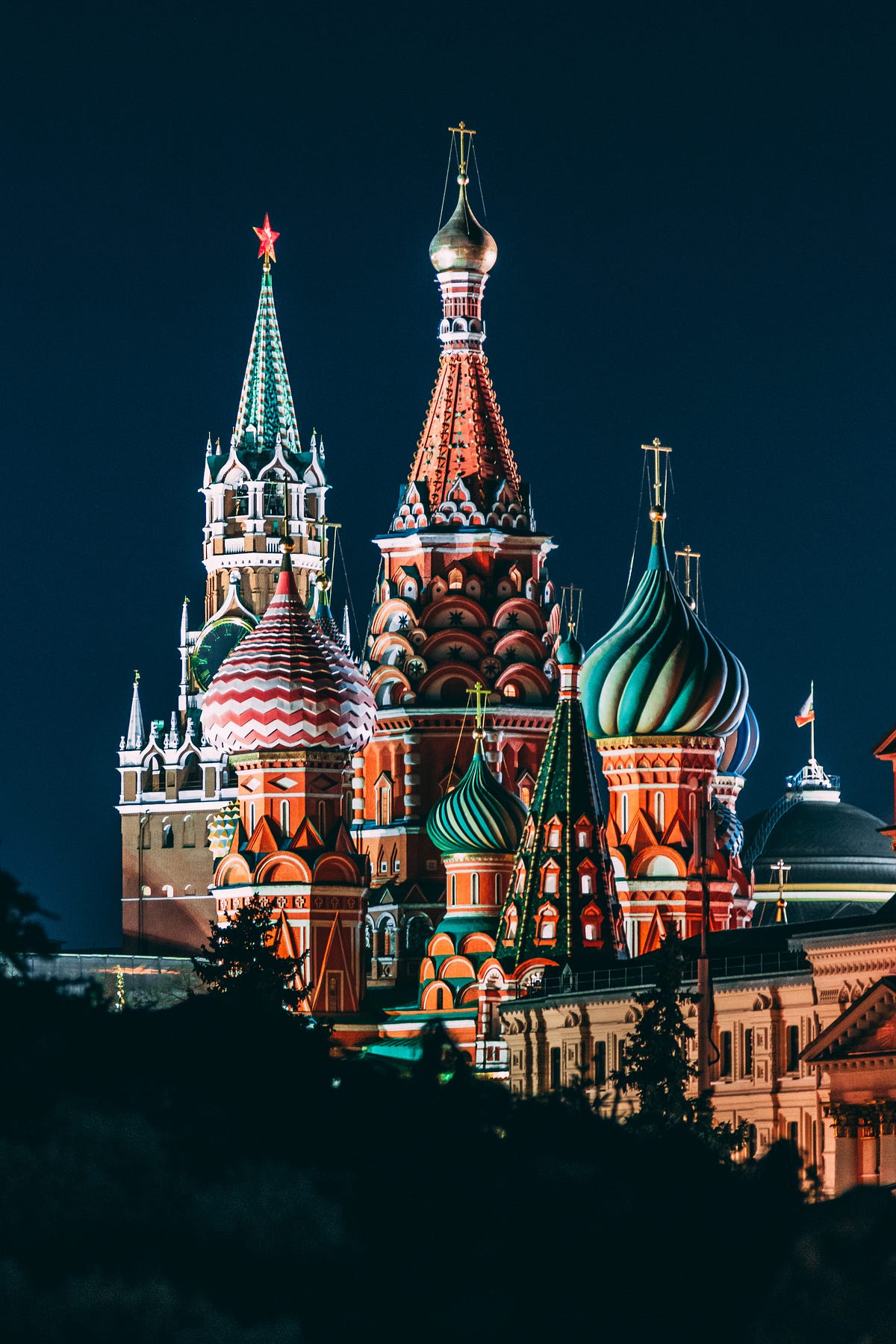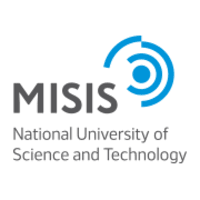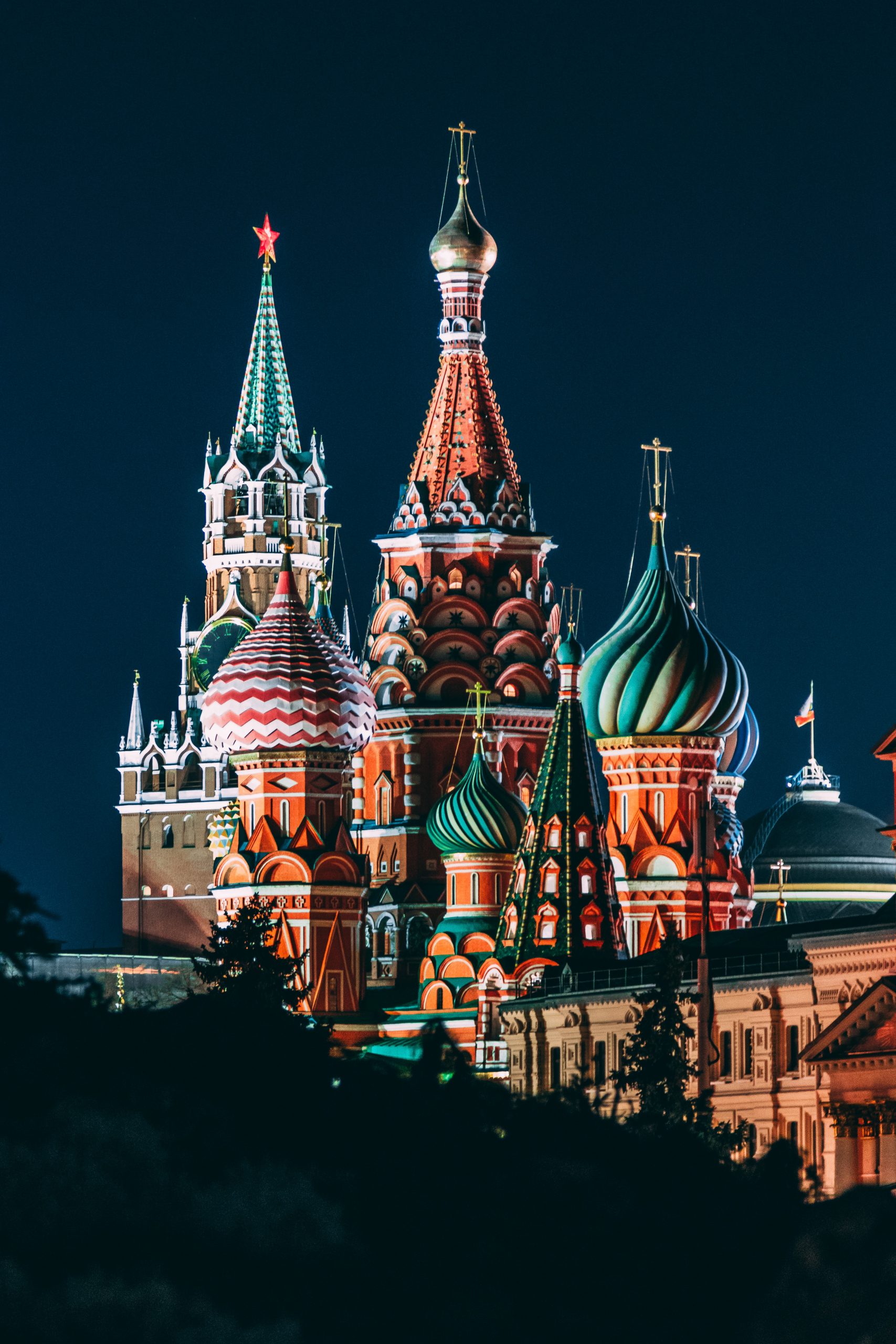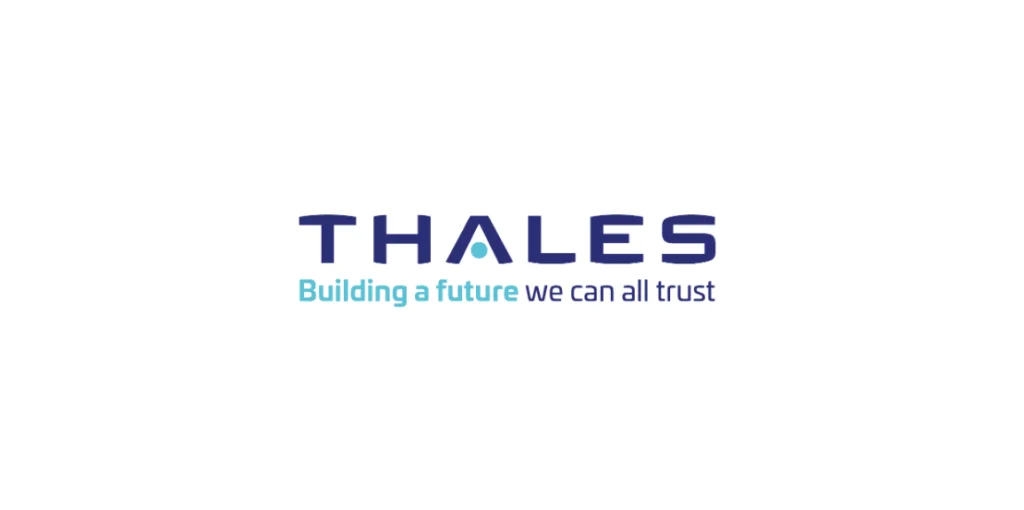
Russian Genius
Of all the big players in the quantum computing (QC) market, it is Russia that has — up until recently — been slow to react to the market trends and global hype. China, the United States, Canada and Europe, in the main, have been the countries showing the biggest initiatives in the space, both in the private and public sectors.
But times are changing. The Russian genius, so well represented in the sciences throughout history, is alive again and set to play a major role in how quantum information science develops.
In December of last year, at a technology forum in Sochi on the Black Sea coast, Russian Deputy Prime Minister Maxim Akimov announced his country’s $790m funding initiative in QC. This was, for many, a watershed moment in the country’s view of this disruptive technology.
They are taking it seriously.

And when President Vladimir Putin is serious about something, the whole world should listen.
New Stance
The stance by the Kremlin, then, is a general move to compete with, and eventually overtake, the Chinese and Americans in the QC market.
Moscow’s National University of Science and Technology (MISiS), the country’s most important and prestigious technological university, leads the initiative. A few months earlier, under the tutelage of head researcher at the University’s Laboratory for Superconducting Metamaterials Valery Ryazanov, a team of quantum physicists managed, by using a two-qubit quantum computer, to crack Grover’s algorithm.
‘The one who becomes the leader in this sphere will be the ruler of the world… Artificial intelligence is the future, not only for Russia, but for all humankind ‘
The above quote was taken from Vladimir Putin in a 2017 speech.

Three years later, has his position changed?
Maybe.
Though the global spend on AI far outweighs that of QC at the moment, who knows what the future will hold.
Some experts in the industry suppose Putin’s investment was a reaction to similar initiatives in the United States and Europe.
National Investment Initiatives
The Trumpster’s ten-year quantum technology initiative, labelled the National Quantum Initiative Act (NQIA) in late 2018, sees the United States pump a massive $1.25B into the technology over a half a decade period.
Similarly across the pond in Europe, the Quantum Flagship Program intends to inject $1B into quantum information sciences.
Germany, too, believes QC is the future, promising a sum of over $700M to develop the industry.
‘No one is close to the quantum-computing capacity that would be required for practical applications. There are many technical challenges, and we’re all looking for new avenues to explore. With serious government support, this is going to become a very interesting research opportunity in Russia.’
— Ilya Besedin, physicist at MISiS
Druz’ya
So there it is, the Kremlin knows the enemy. But maybe they’re not enemies at all. Just lukewarm druz’ya, not seeing eye to eye as they used to, but respecting each other all the same.
Wasn’t it the same with the Space Race? Sputnik, Kennedy’s famous exclamation, Apollo 13, the Soviet/Russian Mir space station until eventually, after years of bickering and one-upmanship, the International Space Station was born?
Cooperation is good.
It stops wars.
Develops interaction.
And moves our insignificant species forward to conquer such places as Mars.
But before all that, give a round of applause to the Russians, home to some of the greatest scientists of our age: Mikhail Lomonosov, Konstantin Tsiolkovsky, Vladimir Fock, and Yuri Manin. Men that got it done in their own disciplines.
Russia, like all the other countries/territories mentioned, has a long way to go in the QC journey, but it’s obvious, by intellect and will power alone, they can achieve as much as the rest.
And maybe more, besides.
















